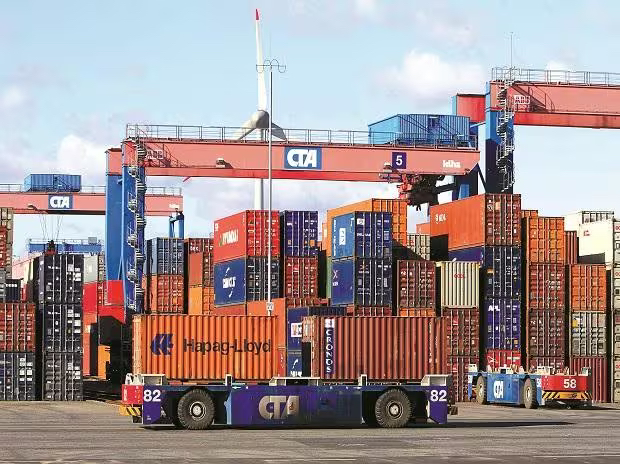Switzerland’s decision to eliminate import duties limits FTA utility for India’ (Indian Express)

- 09 Jan 2024
Why is it in the News?
Switzerland’s policy to allow tariff-free entry for all industrial goods from all countries significantly limits India’s prospects of gains from India and the European Free Trade Association (EFTA) free trade agreement (FTA) that is currently being negotiated.
Context:
- Within the broader context, the Global Trade Research Initiative (GTRI) asserts that Switzerland's approach of granting tariff-free entry to all nations places constraints on the benefits India could potentially derive from the envisioned trade agreement with the European Free Trade Association (EFTA).
- This limitation arises as Switzerland has eliminated tariffs on various products, encompassing chemicals, consumer goods, vehicles, and clothing.
About the European Free Trade Association (EFTA):
- The European Free Trade Association (EFTA) is a regional trade organization and free trade area consisting of four European states: Iceland, Liechtenstein, Norway and Switzerland.
- The organization operates in parallel with the European Union (EU), and all four member states participate in the European Single Market and are part of the Schengen Area.
- They are not, however, party to the European Union Customs Union.
- It was established in 1960.
- Trade Dynamics with India:
- In 2022, the combined merchandise trade between EFTA and India exceeded USD 6.1 billion.
- The predominant EFTA imports included organic chemicals (27.5%), with machinery (17.5%) and pharmaceutical products (11.4%) constituting the primary exports to India.
India’s Trade and Economic Partnership Agreement (TEPA) with EFTA:
- Negotiations on the trade deal commenced in 2008 and resumed in 2016.
- The latest rounds covered diverse aspects such as trade in goods and services, rules of origin, Intellectual Property Rights (IPR), trade and sustainable development, sanitary and phytosanitary measures, technical barriers to trade, trade remedies, and customs and trade facilitation.
Impact of Switzerland’s Policy on India's Gains under EFTA:
- Effect on Negotiations: Switzerland's decision significantly alters the dynamics of the ongoing India-EFTA trade agreement negotiations, posing implications for India's potential gains.
- Increase in Market Competitiveness: Switzerland, as India's primary export destination in EFTA, has eliminated import duties, intensifying competition for Indian products despite the Free Trade Agreement (FTA) with EFTA.
- No Gains in Agricultural Exports: Exporting agricultural produce to Switzerland remains challenging due to tariff complexities, quality standards, and approval requirements. EFTA, including Switzerland, has shown reluctance to eliminate tariffs on basic agricultural produce.
- Trade Deficit with Switzerland: In FY2023, India faced a substantial trade deficit with Switzerland, with imports totalling $15.79 billion compared to exports of $1.34 billion. Switzerland's policy is anticipated to widen this trade deficit further.
- In essence, Switzerland's tariff-free policy introduces complexities in India's negotiations and hampers potential gains, particularly in the realm of agricultural exports, impacting the overall trade balance with EFTA.
